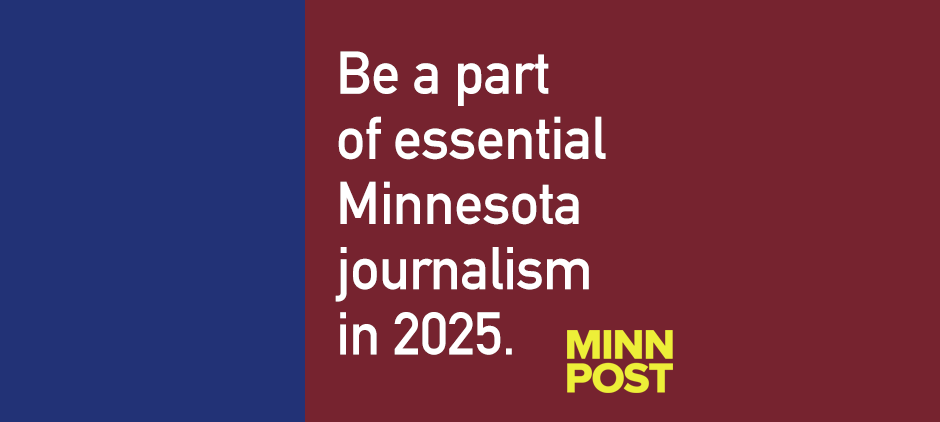Two nonprofit groups have teamed up to help a solar cooperative get off the ground in west-central Minnesota.
The West Central Initiative and Solar United Neighbors are leading the Lakes & Prairies Solar Co-op as it takes sign-ups through the end of March with plans to begin rooftop projects in the spring and summer.
Solar isn’t very popular in Fergus Falls, home of the West Central Initiative, said Cedar Walters, the initiative’s climate officer. Walters, a Fergus Falls resident, said she only knows a couple of people in the area who have solar panels on their homes.
“There’s really not a lot of solar out here yet,” Walters said. “The cool thing is once you have a few people that have done it, if you see that your neighbor has solar, you’re going to ask them how it went and what was easy, what was hard, or what they learned. They’re going to ask, ‘Oh, if I’m interested, how can I do it, too?’ And they’re going to be able to learn from the person next to them that already did it.”
The co-op is largely focused on rooftop arrays as opposed to the larger “solar gardens” that have popped up in recent decades across rural Minnesota.
Walters said the co-op option makes it easier for people to consider solar, especially when paired with informational sessions from Solar United Neighbor.
In 2023, renewable sources provided 33% of Minnesota’s electricity — including wind, solar, hydro and biomass — according to the U.S. Energy Information Administration. Solar power provided about 4% of Minnesota’s total electricity generation. More than four-fifths of the state’s solar power came from utility-scale installations, but smaller scale installations played their part, too.
Individuals, businesses and nonprofits can sign up with Lakes & Prairies Solar Co-op for free and get an evaluation to see if it would be a good fit for them.
Meetings across region
West Central Initiative and Solar United Neighbors have held “Solar 101” events in some cities of the eligible counties of Becker, Clay, Otter Tail, Traverse, Wilkin, Stevens, Grant, Pope and Douglas.
John Anderson, the Minnesota program associate for Solar United Neighbors, said a co-op model helps make solar more affordable for individuals. The organization started co-ops in Duluth, Morris, Winona and on the Iron Range, in addition to installations they’ve helped organize in the Twin Cities.

So far, Anderson said that’s meant 270 household installations that have added up to 2.3 megawatts of installed capacity. About 40% of those installations were in Greater Minnesota, he estimated.
The last “Solar 101” event drew 29 people, Anderson said. Earlier in the month, there was one in Morris and there will be another in Moorhead in January. Walters said the questions people had ranged from impacts on their roofs to available tax credits to how their energy is tracked.
Once people sign up for the co-op, the organization puts out a request for proposal to solar companies to find out how much it will cost. From there, a selection of co-op members help poll what the rest of the co-op wants.
“Some people just want the lowest price. Other people — they want made-in-the-USA panels,” Anderson said. “The selection committee decides sort of which company they want to go forward with.”









Leave a Reply